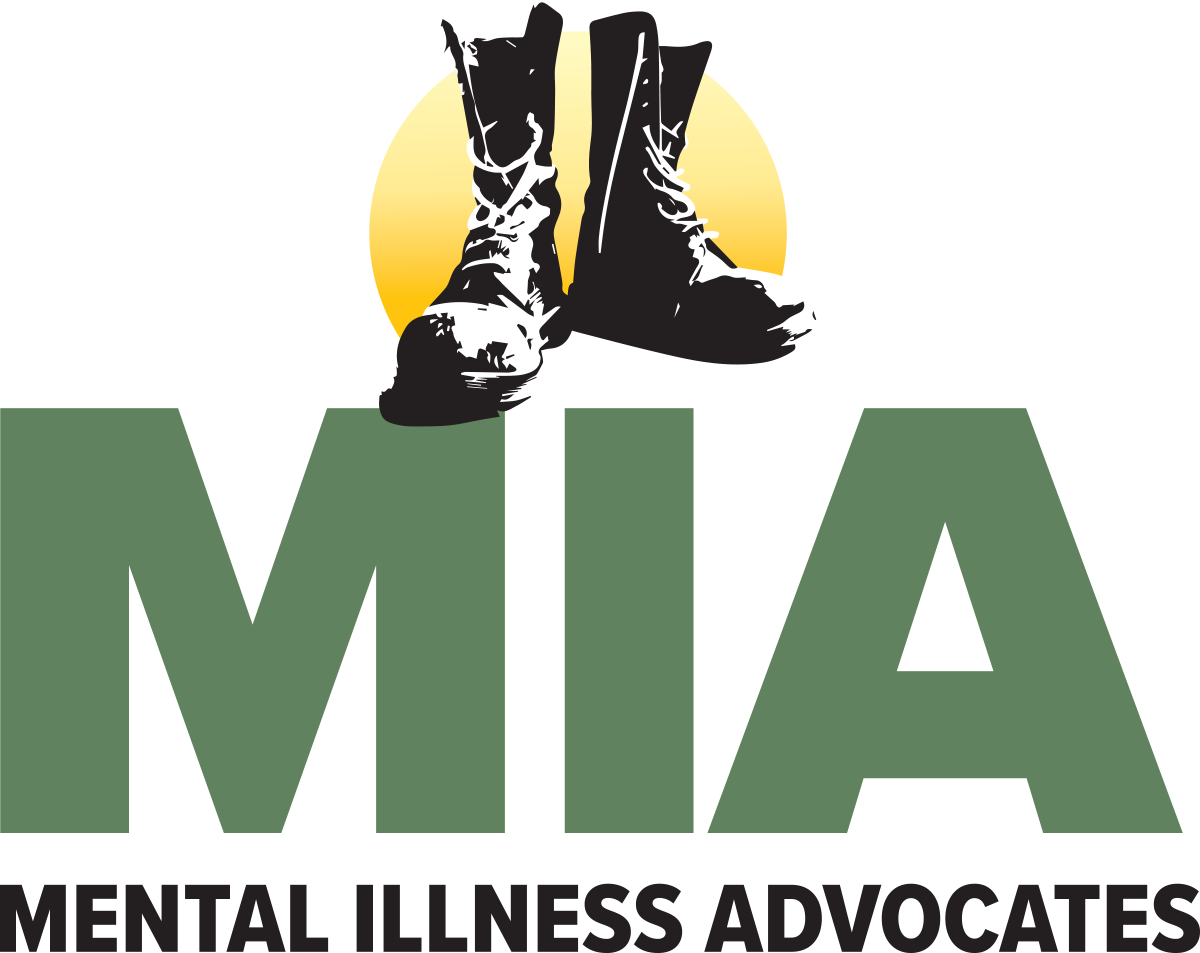Fathers, Brothers & Uncles have a different take…
We’re not used to all the feels that arise when our loved one has a serious mental illness, particularly when it’s a son or a brother. Nor do we often know how to express those feelings. We were expecting an ally, a friend, a companion.
Following are the reactions many men have reported after a loved one gets a diagnosis:
“In the beginning I didn’t understand. What does this mean? My confusion turned to disappointment and eventually I became frustrated. And finally, I got angry.”
“Why my son?
“What’s with the defiant attitude?”
“Will he ever grow up, become responsible?”
“Does he even care what I think?”
Expressing these feelings out loud is difficult. For some of us, without a few beers, it’s almost impossible. Who do I talk to?
“My wife doesn’t want to hear me. ‘He’s going through something. You have to be more patient. You’re being too hard on him! He’ll be fine. He’s not you!’ These conversations usually have one of two outcomes; I walk away frustrated or we both get angry.”
The statistics tell us that having a loved one with a serious mental illness, particularly a child, can significantly strain a marriage, leading to increased stress, communication breakdowns, and potential marital discord. The challenges of managing the child's illness, coupled with potential disagreements about treatment and coping strategies, can create a divide between parents, impacting our relationships and intimacy.
If this is ringing any bells, consider contacting us. A little conversation can go a long way to changing your perspective. When you’re ready, reach out.

